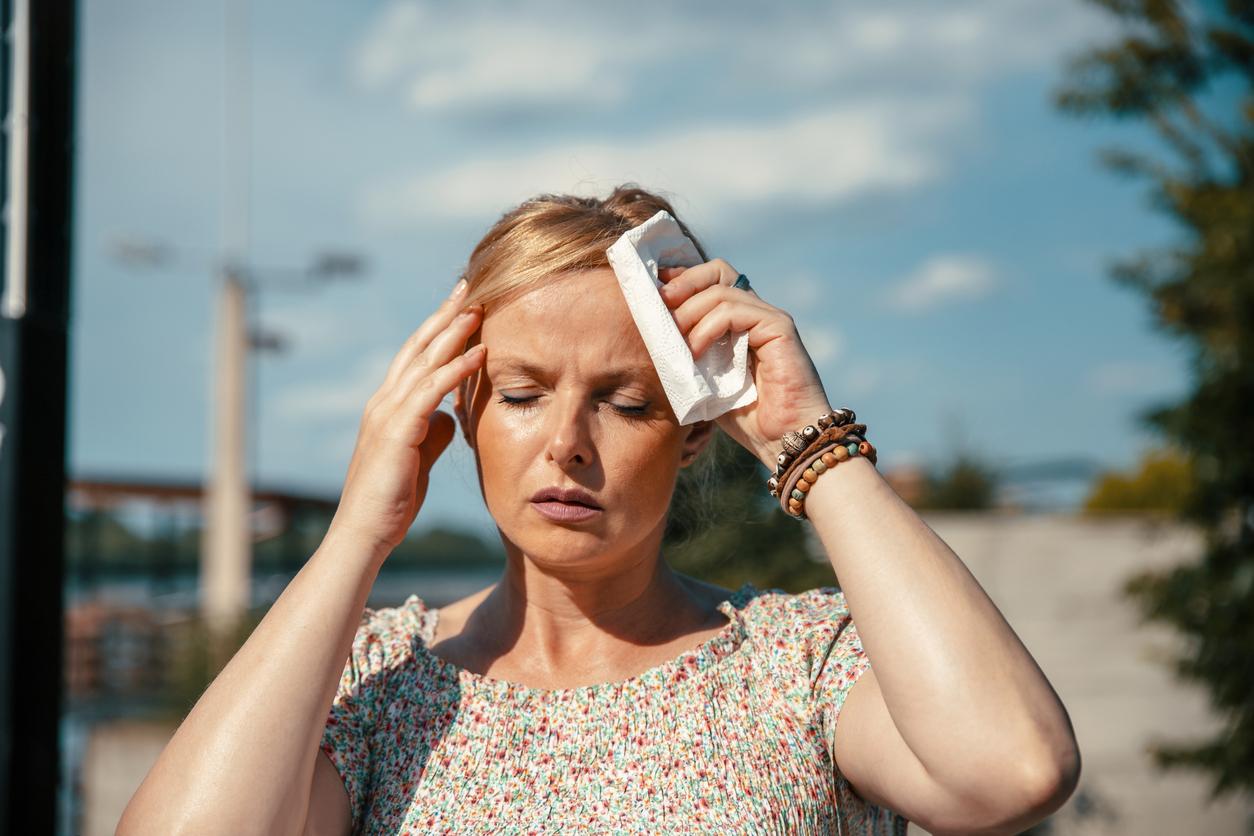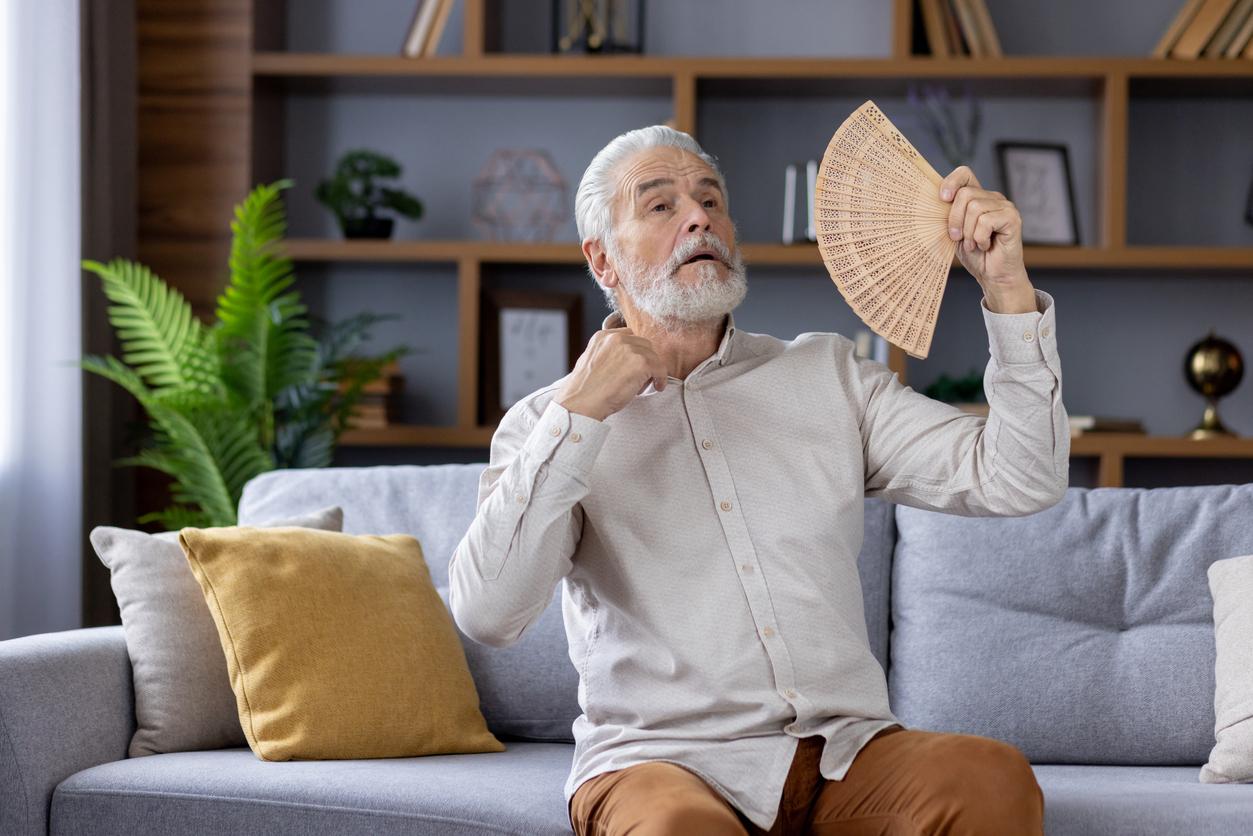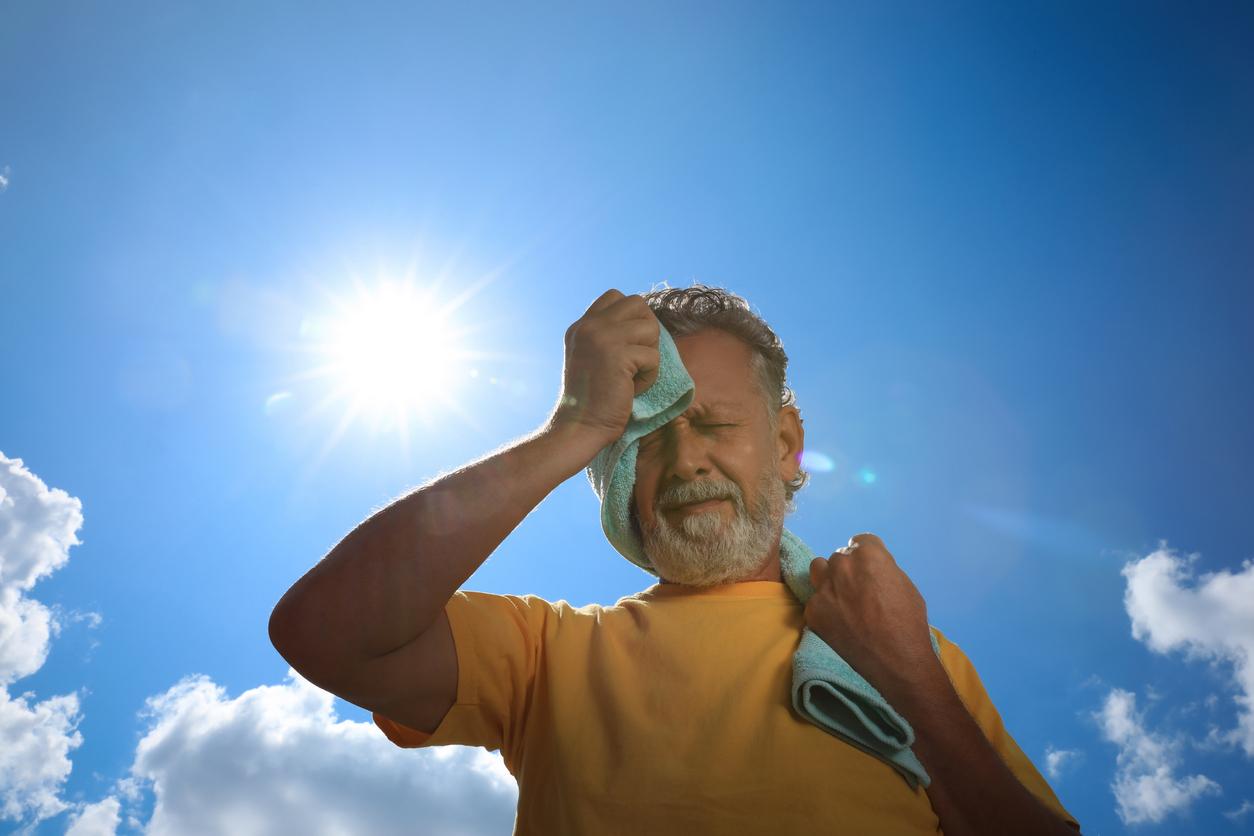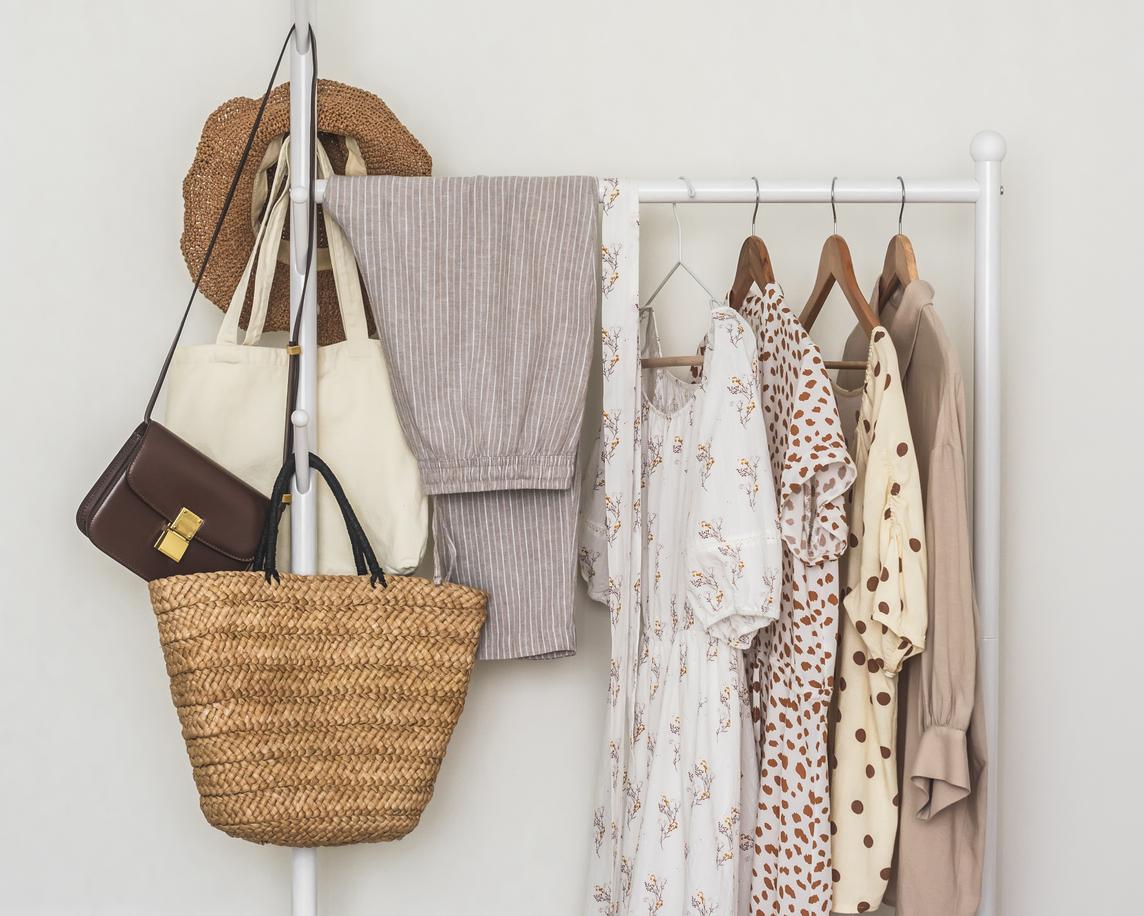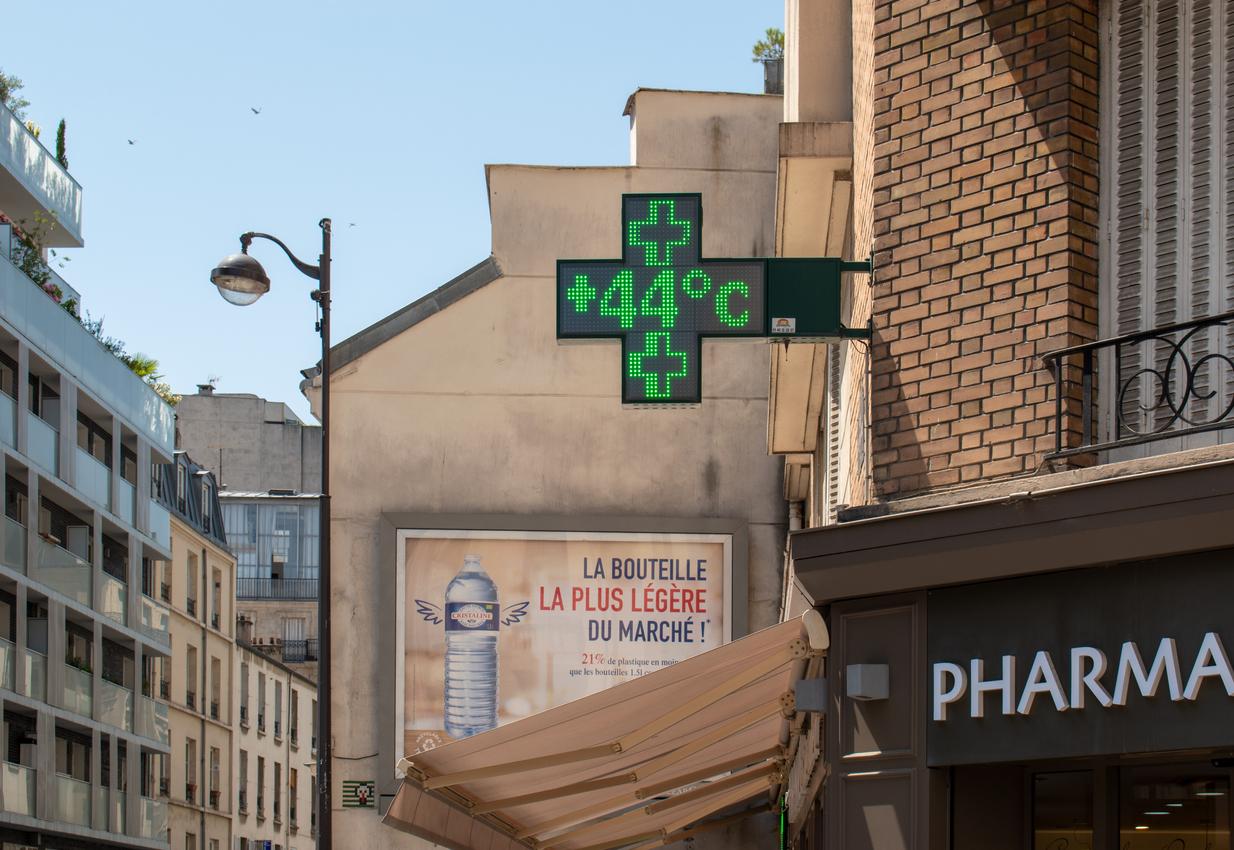Elderly, isolated, medicated… Some French people are at greater risk of having serious health problems because of the summer heat.
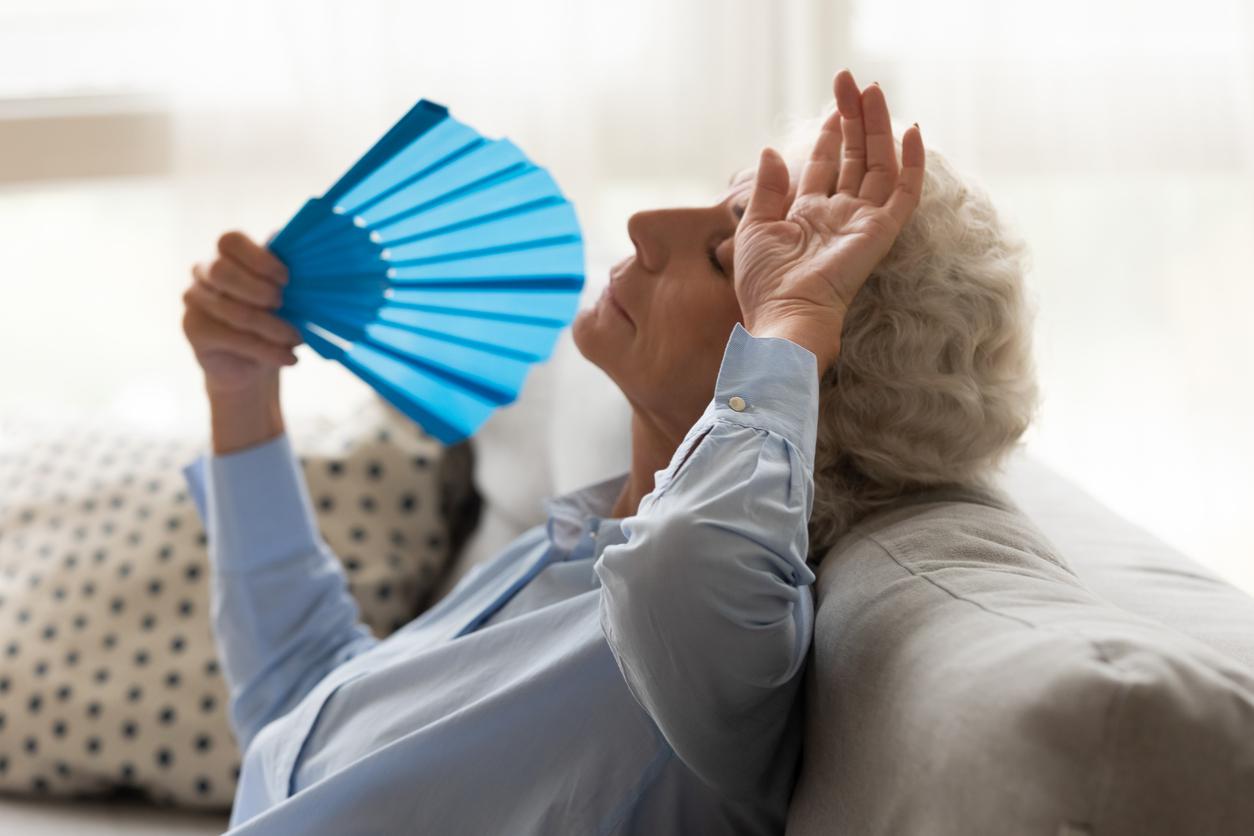
- Among the groups vulnerable to heat, there are people who are: isolated, immobilized, living in a home that is difficult to cool, taking medication to promote the evacuation of urine (diuretics), and elderly.
- The summer period requires increased vigilance with regard to people included in this list.
- In 2022, more than 20,000 emergency care visits were recorded in connection with extreme heat, including hyperthermia, dehydration and hyponatremia.
While the sun is shining across almost the entire territory, home care providers affiliated with the Federation Antadir (National Association for Home Treatment, Innovations and Research) remind us which people are most vulnerable to heat.
Summer heat: what are the health risks?
According to Public health France, Nearly 33,000 deaths were attributed to heat in metropolitan France between 2014 and 2022, with around 28% occurring during heatwaves.
In 2022, more than 20,000 emergency care visits were recorded in connection with extreme heat, including hyperthermia, dehydration and hyponatremia. Among these visits, More than 17,000 emergency room visits and 10,000 hospitalizations were recorded.
Among the groups vulnerable to heat, we identify: people :
– isolated;
– immobilized;
– living in a habitat that is difficult to cool;
– having drug treatment promoting the evacuation of urine (diuretics);
– aged.
Summer heat: how to protect the most vulnerable?
“The summer period requires increased vigilance with regard to the people included in this list,” the press release underlines. If this is too complicated for you, you can contact the Federation Antadir which will put you in contact with home care providers.
“Particularly vigilant during their visits, they identify the risk factors specific to each patient and regularly monitor their hydration level by detecting the warning signs of lack of fluid (dry mouth, headaches, general fatigue, disorientation)”, indicates the non-profit organization. “They also check for medications that may increase the risk of dehydration, encourage regular hydration and ensure that patients’ accommodation is kept as cool as possible,” she develops.

“In France, high temperatures have a significant impact on mortality, increasing the risk of death, particularly among vulnerable people such as the elderly and the chronically ill. Prevention policies and investments in home care are necessary to mitigate these effects.”summarizes and concludes his press release.
Even today, Météo-France maintains three departments on orange alert “heat wave”.











